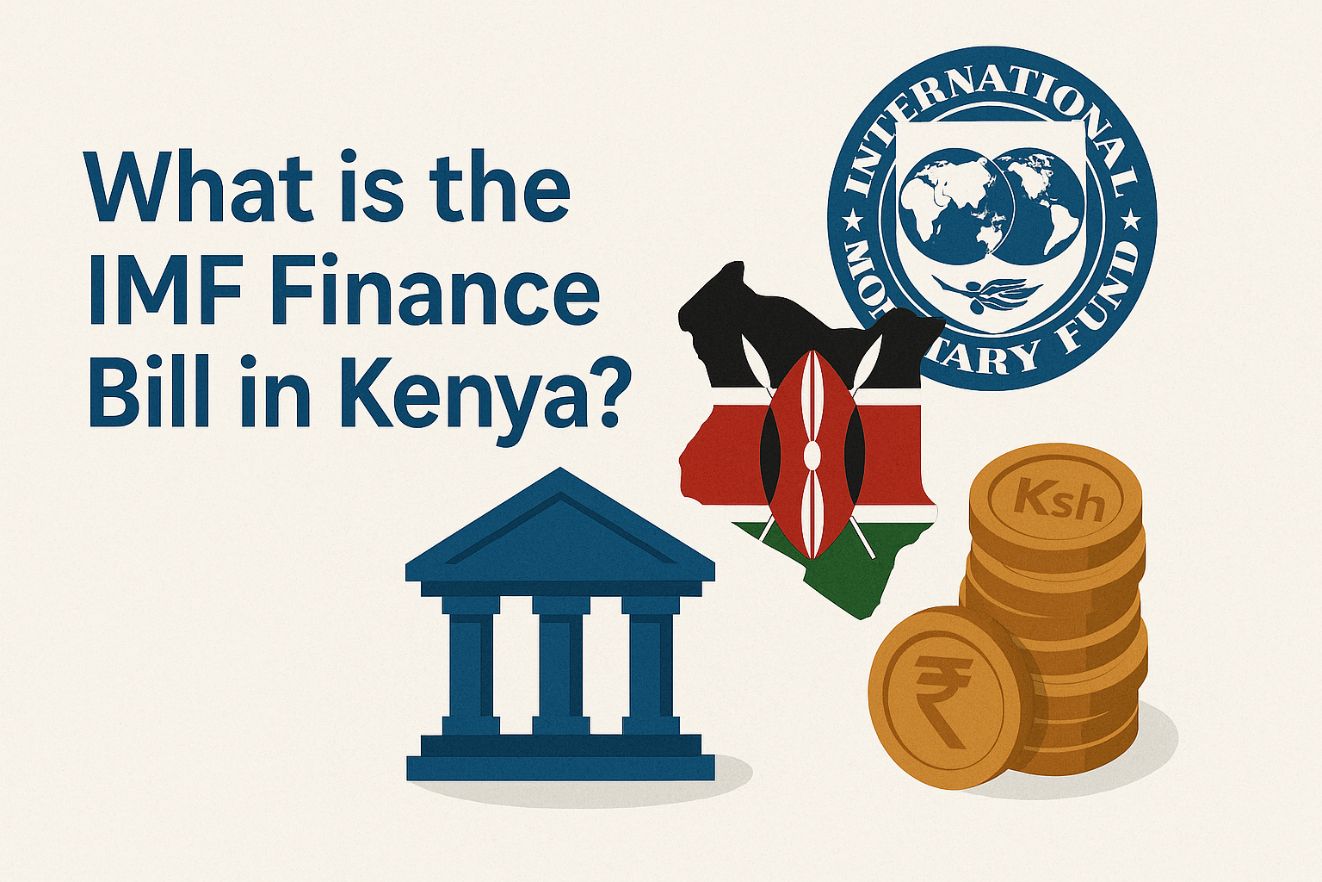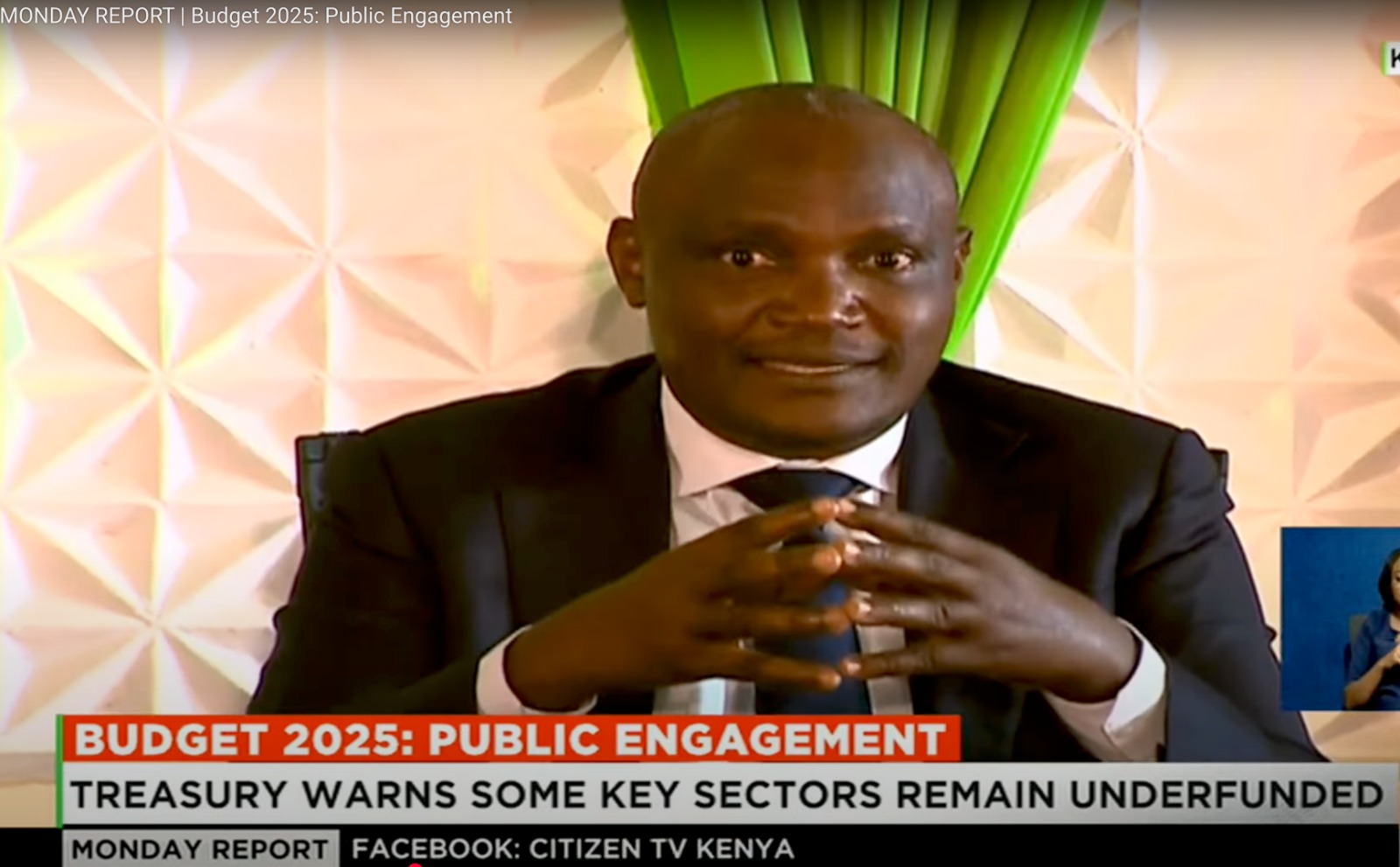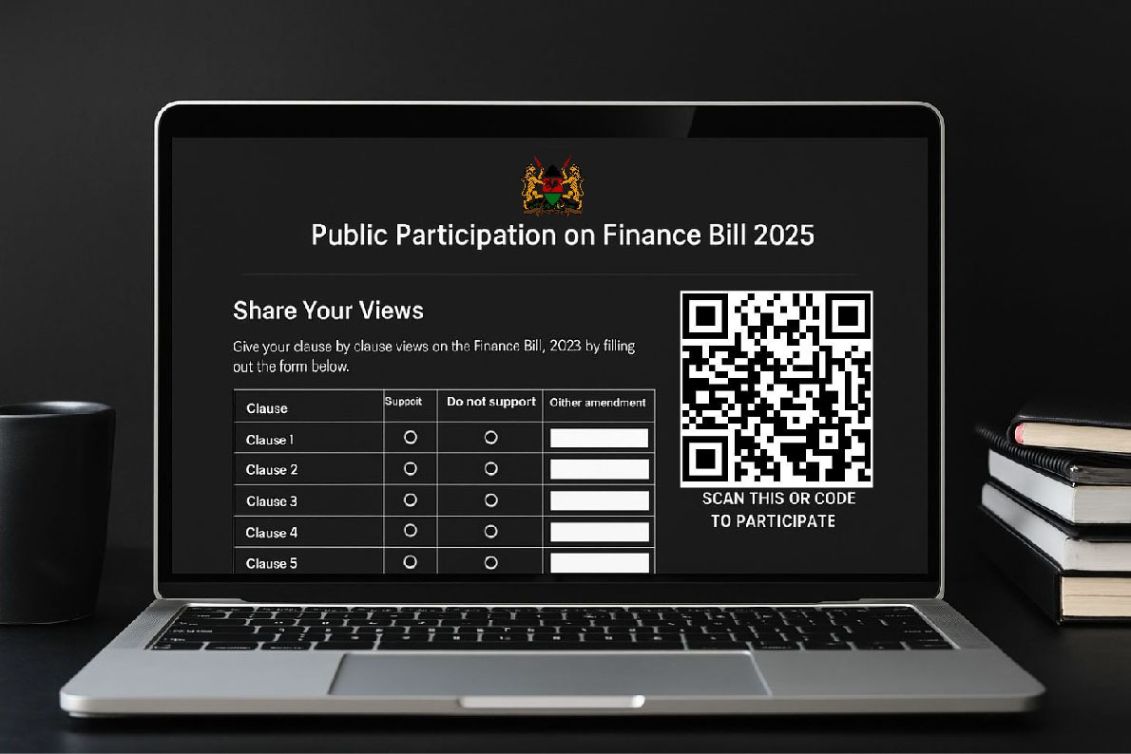The IMF Finance Bill has become a new buzzword in Kenyan public discourse since the last Finance Bill. You've likely heard it mentioned in tweets about tax increases, TikTok, or talk shows. However, does the IMF write Kenya's tax laws?
There is no official title for the "IMF Finance Bill." Some Kenyans use this phrase to refer to financial bills that seem to closely match International Monetary Fund requirements. Kenya has taken out a lot of loans from the IMF, which has regulations just like any other lender. Frequently, these consist of policy modifications intended to; cut down on deficiencies increase domestic income, and reduce public expenditures.
Critics claim that the new fuel, digital service, and even sanitary product taxes included in the Finance Bill are for the IMF and not for Kenyans. However, Kenyan laws are still drafted and approved by the government. Parliament does not house the IMF but instead, Kenya consents to carry out specific reforms in return for IMF assistance, and the Finance Bill frequently reflects these reforms.
The positive aspect of this is the long-term stability, lower borrowing, and better fiscal restraint. Technically, the IMF bill influences how Kenya reconciles economic responsibility with safeguarding its most vulnerable citizens. Knowing this background enables us to have fruitful conversations instead of merely expressing outrage. Because the Finance Bill reflects Kenya's larger economic journey, whether or not it is driven by the IMF, we are all traveling the same path.




